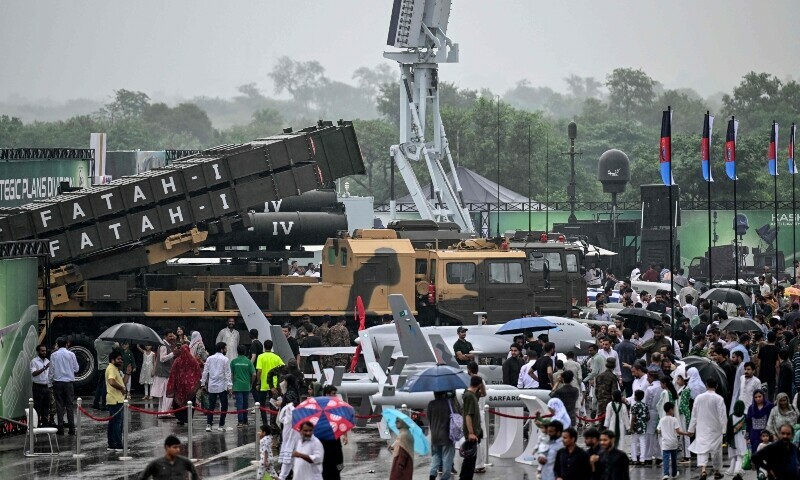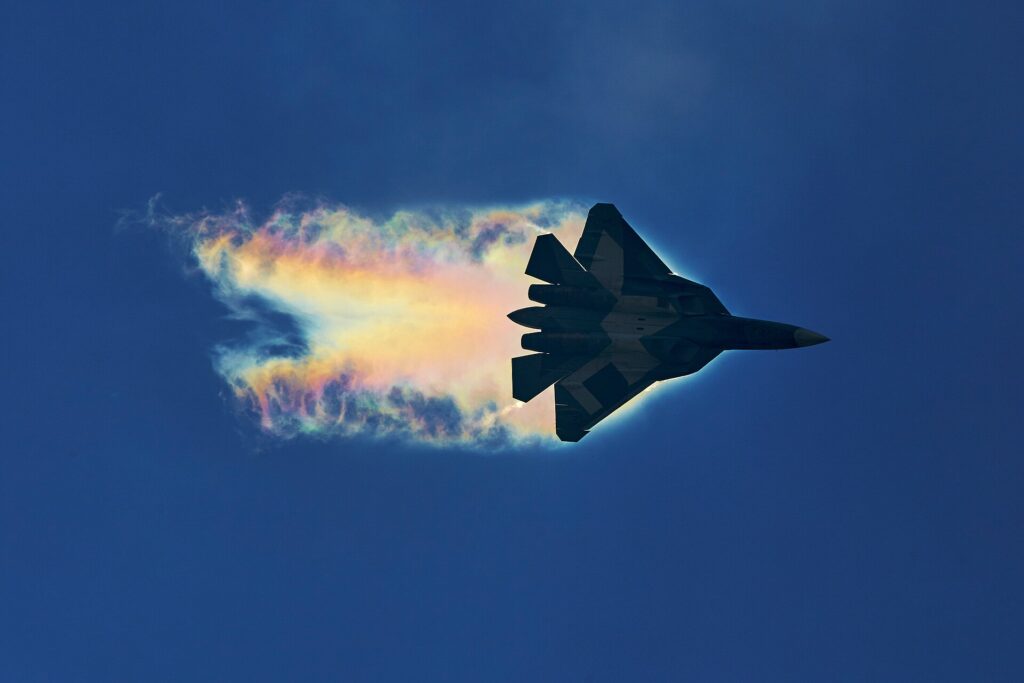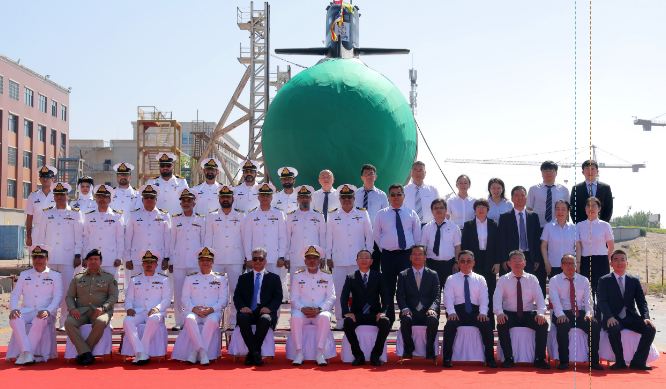On August 14, 2025, during a ceremony in Islamabad held just a day before Pakistan’s 78th Independence Day, Prime Minister Shehbaz Sharif announced the formation of the Army Rocket Force Command.
According to Reuters, this move is aimed at modernizing and centralizing Pakistan’s missile based conventional warfare capabilities, following heightened tensions and a military confrontation with India earlier this year.
The new branch will have its own dedicated command within the army, responsible exclusively for handling and deploying conventional missile systems in wartime scenarios.
Shehbaz Sharif stated that the force “will be equipped with modern technology” and capable of targeting the enemy from multiple directions. While he did not provide detailed specifications,
security officials told Reuters that the command would operate conventional ballistic, cruise, and possibly hypersonic missile systems, while nuclear assets would remain under the Army Strategic Forces Command.
The announcement comes in the aftermath of the May 2025 conflict, one of the most intense in decades, which saw both India and Pakistan employ drones, fighter jets, and missiles.
As reported by Dawn, the skirmish exposed Pakistan’s limitations in long range strike capabilities. The new force is seen as both a deterrent and a response to India’s Operation Sindoor, a campaign that reportedly inflicted significant operational setbacks on Pakistan’s defenses, according to Times of India.
Some defense experts have pointed out that the creation of this force mirrors China’s People’s Liberation Army Rocket Force model, reflecting growing China-Pakistan military alignment in hardware, training, and strategic doctrines.
As per Times of India, regional defense analysts believe this development is part of a wider modernization drive, with Pakistan also increasing its defense budget by 20% and seeking advanced weaponry from China.
While the Army Rocket Force Command represents a substantial shift in Pakistan’s conventional war posture,
Dawn cautions that its operational effectiveness will depend heavily on funding, integration into existing military doctrines, and the successful acquisition of sophisticated missile technologies.
Without these, the force could risk becoming more symbolic than transformative in the region’s ever changing strategic environment.



